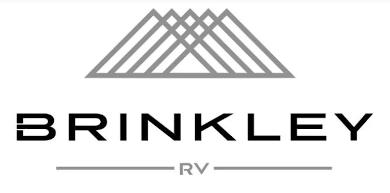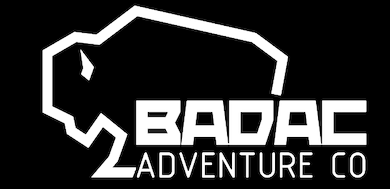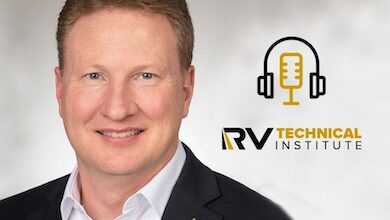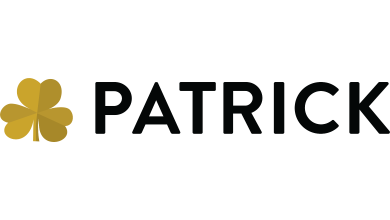THOR’s Earnings Reflect ‘Down-Cycle’ Period, but CEO is Optimistic
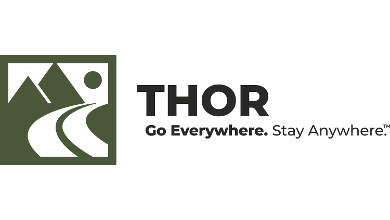
Reflecting a dramatically changed landscape from a year ago, THOR Industries reported net sales in the 2023 fiscal fourth quarter of $2.74 billion, a decrease of 28.4% compared to the record fourth quarter of fiscal 2022.
Net income for THOR Industries was $90.3 million, compared to $280.9 million during the same quarter last year.
For the entire fiscal year, THOR reported $11.1 billion in net sales, a decrease of 31.8% compared to a record-setting fiscal 2022.
The company reported net income for the entire fiscal year of $374.3 million, compared to $1.14 billion year-over-year.
“Our fiscal fourth quarter results demonstrate a continued focus on solid execution and our ability to consistently perform through changing market conditions,” said Bob Martin, president and CEO of THOR Industries. “Our European segment achieved another quarter of record performance while our North American operating teams made further progress with our independent dealers to reduce and rebalance channel inventory ahead of the model year 2024 rollout. As a result of the operational and commercial strategies enacted across our operating companies during the current RV down-cycle period, THOR and its independent dealers are well-positioned for both the next cyclical upturn and sustainable long-term growth.
“Fiscal 2023 presented a series of challenges as a result of higher interest rates, rising inflation, increased economic uncertainty, ongoing supply chain constraints and geopolitical issues. At the same time, it highlighted the strength of our experienced operating management teams and proven business model. In response to macroeconomic pressures that drove softening retail demand that persisted throughout our fiscal year, our teams successfully adapted to these fluctuating market conditions with a focus on achieving solid through-cycle profitability. Through our disciplined production approach, targeted commercial actions and adherence to our variable cost model, we demonstrated our commitment to managing through the current environment and positioning the business to excel across the business cycle. In addition, our company continues to generate meaningful cash flow which enables us to reinvest into our businesses to drive long-term growth and at the same time, reduce our overall debt balance.”
